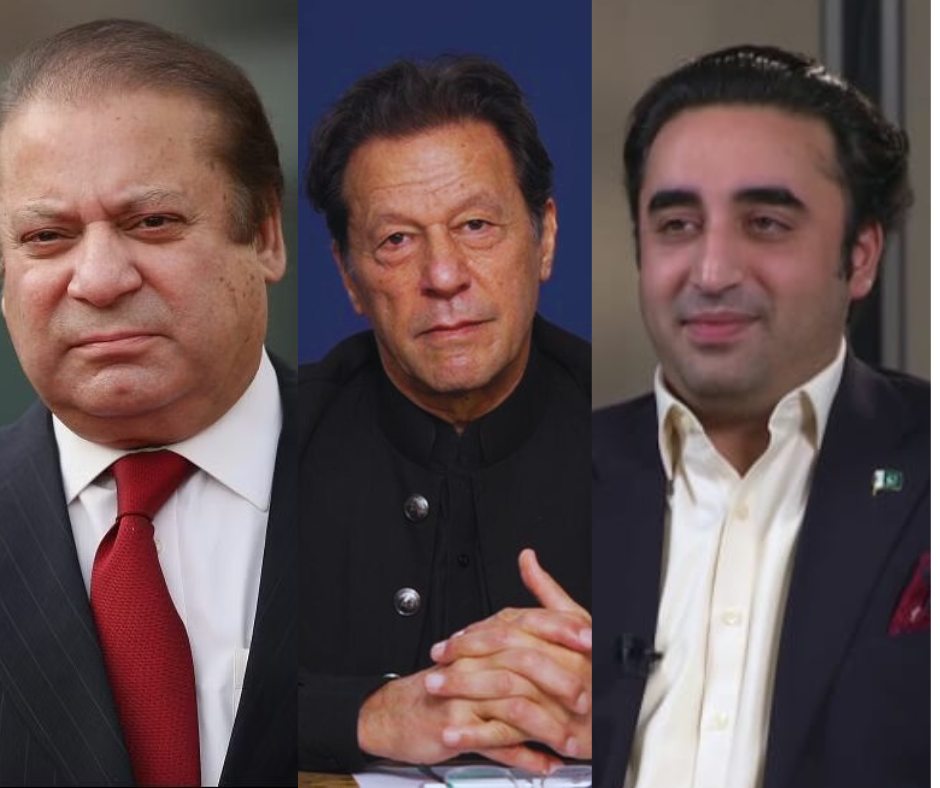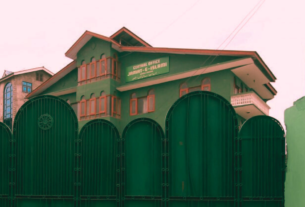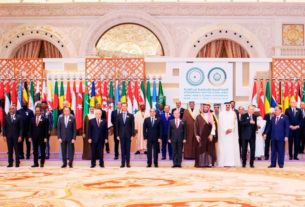Islamabad, Pakistan- February 8, 2024, Unexpected delays have occurred in the general election count in Pakistan, where millions of voters participated in a contest between established dynasties for power, while the nation’s wildly popular former leader remains imprisoned.
More than 12 hours after the polls closed, on Friday morning, no results had been declared. According to the Pakistani Election Commission, “instructions to ensure immediate declaration of results” have been granted.
The highly anticipated election, which has been postponed for several months, occurs as the 220 million-strong nation grapples with a growing number of issues, including unstable economies, a rise in violent incidents, and natural disasters that endanger the most susceptible citizens.
Bilawal Bhutto Zardari, the prime ministerial candidate of the Pakistan People’s Party (PPP), stated late Thursday that “initial results are very encouraging.”
“It appears that PPP candidates and independents that we have backed or interacted with are doing well! Let’s wait and see what the final total is,” he posted on X, the previous Twitter platform.
The party of imprisoned former prime minister Imran Khan had earlier claimed—accurately—that the government was manipulating the results by postponing them.
Pakistan Tehreek-e-Insaf, led by Khan, declared in a statement on Thursday that “this is the second half of counting & the point when manipulation takes place” and that it was “clearly leading” in 114 constituencies nationwide.
Of the 336 members in Pakistan’s National Assembly, 266 are chosen by direct election on election day.
Following a more than 12-hour suspension of mobile internet access by Pakistani authorities on the Interior Ministry’s orders, mayhem ensued. A number of districts nationwide were also tainted by violence before to the vote.
Thirty people were murdered in twin bombings on Wednesday that targeted campaign offices in the nation’s unrest-plagued Balochistan region. The Islamic State Pakistan region militant organization claimed responsibility for the attacks, which served as a striking example of the rising political violence in the lead-up to the election.
51 terrorist incidents occurred in Pakistan during the election season, according to the Pakistan Armed Forces, primarily in the regions of Khyber Pakhtunkhwa and Balochistan. However, “many potential threats were neutralized.”
According to the information ministry of Pakistan, 650,000 security officers were stationed around the nation on election day to ensure voter safety, as the country was placed on high alert due to security fears. According to the Pakistan Armed Forces, “approximately 6,000 selected most sensitive polling stations” were equipped with military soldiers and civil armed forces.
Additionally, Mohsin Dawar, a former member of the Pakistani National Assembly, claimed that voting places in the region of Khyber Pakhtunkhwa had been overrun by Taliban fighters.
In a letter sent on Thursday to the Election Commission of Pakistan, he stated that three female poll workers had “very narrowly escaped attacks” in a polling place and that “militants have been issuing threats to the locals and to the polling staff.”
The Interior Ministry of Pakistan announced on Thursday that, while the polls were going on, it has chosen to temporarily halt mobile internet access across the country.
According to a ministry statement, “security measures are essential to maintain the law and order situation and deal with possible threats as a result of the recent incidents of terrorism in the country, precious lives have been lost.” Later, after the votes closed on Thursday night, it was reported that mobile communications were gradually being restored.
A few activists claimed that the internet ban was “political in nature” and not “mandated by the court,” accusing the government of censorship.
Digital rights activist from Islamabad Usama Khilji stated, “Access to the internet is critical during elections as citizens can report evidence of instances of rigging live on social media, and journalists can report live.”
“Voters may become anxious and less inclined to cast their ballots if they do not have internet access, especially women who already have mobility issues.”
Amnesty International and the Committee to Protect Journalists (CPJ) have denounced the suspension of cellular and internet services.
Mumtaz Zahra Baloch, a spokesman for the Foreign Ministry, said that Pakistan will also temporarily close its border crossings with Afghanistan and Iran as a security precaution.
Political tensions are high elsewhere due to claims of military meddling, which the military disputes.
In a statement released on Tuesday, Volker Türk, the High Commissioner for Human Rights at the United Nations (OHCHR), pleaded with the authorities to guarantee a “fully free and fair vote.”
According to OHCHR spokesman Liz Throssell, “elections are an important moment to reaffirm the country’s commitment to human rights and democracy and to ensure the right to participation of all its people, including women and minorities.”
With authorities accused of “pre-poll rigging,” analysts have labeled the vote as the least trustworthy in the nation’s post-independence history. This comes amid a broad crackdown on the Pakistan Tehreek-e-Insaf (PTI), the party of popular former leader Imran Khan.
Khan, 71, a former cricket star who was overthrown by controversy, is still behind bars for several convictions and is not allowed to run for office against his competitors. Television stations are not allowed to air Khan’s speeches, and the PTI is not allowed to use its well-known cricket bat symbol on ballots, which is a blow to the millions of illiterate people who may use it to cast their vote.
His longstanding rival and seasoned politician Nawaz Sharif,74, a member of the prestigious Sharif political dynasty, is running for a historic fourth term as prime minister in what would be a stunning political comeback after spending years in self-exile abroad after being found guilty of corruption.
The most populous province in Pakistan and a crucial election battlefield is Punjab, where Sharif is still quite popular. There, his Pakistan Muslim League (Nawaz) party has received praise for pushing massive infrastructure projects.
The 35-year-old son of former leader Benazir Bhutto, Bhutto Zardari, is opposing him and wants to make his Pakistan People’s Party a powerful political force once again.





